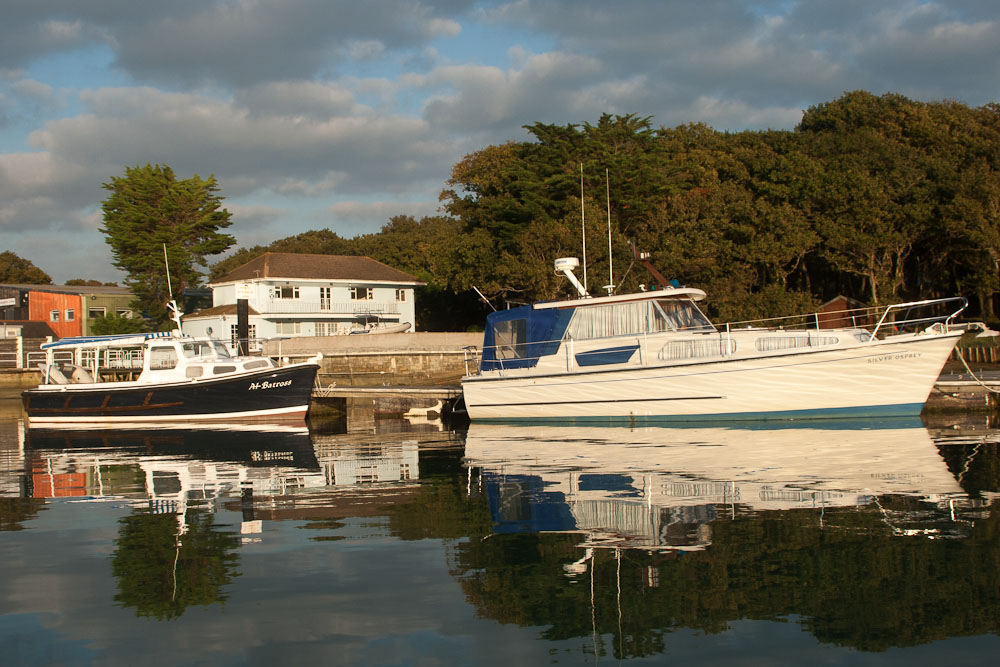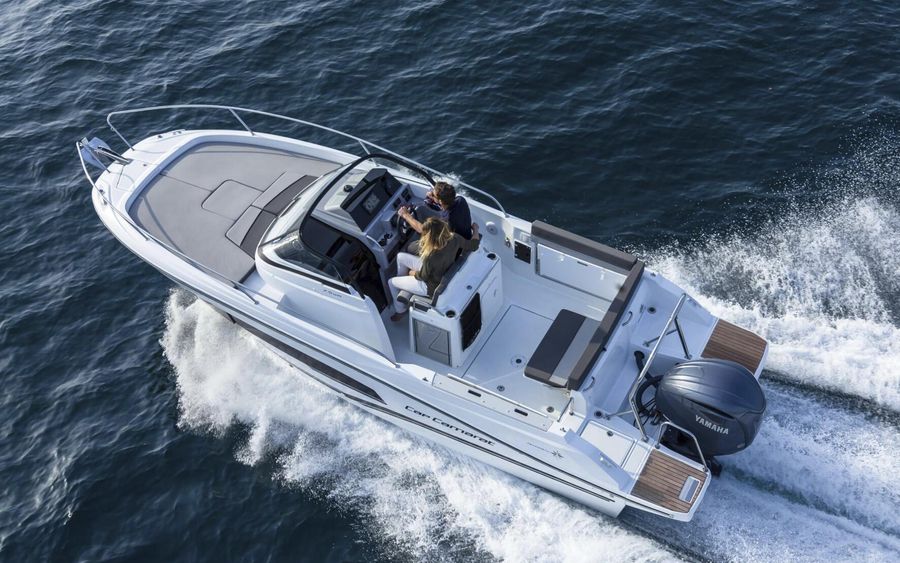The Royal Yachting Association (RYA) has been in dialogue with the European Commission and UK Government for many months striving to get answers to Brexit questions being asked by RYA members. In response to calls for greater clarity, further information was received from the European Commission on 30 October in response to a letter sent to them in July which set out a number of scenarios being faced by boat owners. All of the latest information has now been analysed and detailed Brexit updates have been posted on the RYA website.
Commenting on the recent response from the European Commission, RYA’s Director of External Affairs, Howard Pridding, said:
“Sadly, the European Commission has confirmed our suspicions that documentation (such as a T2L, customs opinion letter or other supporting documentation) issued by the UK before the end of the transition period will not be valid in the EU as of the end of the transition period. However, we would recommend that boat owners keep hold of such documents, as they may provide useful evidence of the boat’s history and could be helpful when dealing with customs authorities in the EU27 in the future.
“We now have greater clarity on how the EU legislation applies to people who are established outside the EU. We also have clearer guidance on how a boat which is lying in the UK at the end of the transition period will be treated if it goes to the EU27 in the future. The Commission is no longer saying that any boat lying in the UK at the end of the transition period will not be eligible for Returned Goods Relief (RGR) as the boat will not have been exported. Instead they have differentiated the advice based on where the boat is registered and where the owner is established.
“The Commission’s interpretation of the law provides important guidance, but the final decision on what actually happens when a boat is imported rests with the authorities in the country in which that import is taking place.
“We are pleased that the Commission has provided a detailed reply to our questions, many of which had been outstanding since the spring, this has enabled us to update the advice that we can provide to members. There will always be some regional variation on the experience boaters have when crossing international borders. Ultimately, boat owners may need to make their enquiries directly with national customs and tax authorities.”


